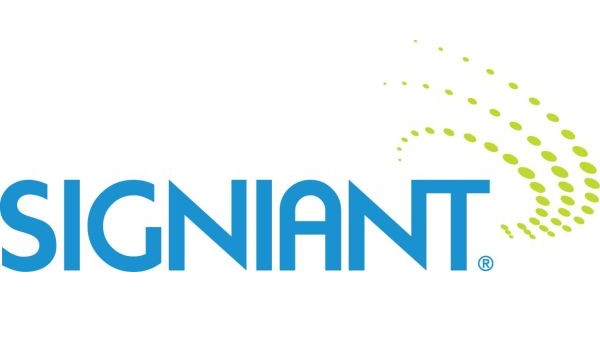Children's programming rules
The professional video industry's #1 source for news, trends and product and tech information. Sign up below.
You are now subscribed
Your newsletter sign-up was successful
A little more than a year ago, the Office of Communications of the United Church of Christ (UCC), led by former FCC commissioner Gloria Tristani, challenged the license renewal applications of two Washington, D.C., area television stations on the grounds that they had failed to provide sufficient educational and informational children's programming under the FCC's rules.
In September 2004, the UCC filed petitions to deny two more Cleveland-area television stations. The UCC petitions allege that both WUAB-TV and WQHS-TV failed to comply with the Children's Television Act (and associated FCC rules) because the programs were not educational or informational. This claim was based in large part on the opinions of UCC members and staff who watched episodes of the programming in question and evaluated them based on the UCC's criteria.
Although the Children's Television Act and the associated FCC rules direct broadcasters to serve the educational and informational needs of children, the FCC has left the actual programming choices up to the discretion of individual licensees. From the programs that the FCC has previously cited as educational (e.g., “Saved by the Bell”), licensees generally appear to have broad discretion in selecting programming that is educational or informational fare.
The UCC is, in effect, asking the FCC to substitute its judgment for that of the licensees of WUAB and WQHS. The approach urged by the UCC would place the FCC in the role of evaluating programming content and, more ominously, regulating on the basis of that evaluation. This raises the question of how the FCC, under the First Amendment, could determine how good a program must be to pass muster under the children's programming rules.
The FCC has not acted on the UCC's first two license renewal challenges, and it is unlikely that we will see action on the new petitions any time soon. It also is uncertain when the FCC will resolve the many challenges to its new children's programming rules.
Regardless of how these matters are resolved, stations are cautioned to review their children's programming. Television stations are required to air at least three hours of programming that qualifies as core children's programming per week. To qualify as core, a program must:
- have as a significant purpose serving the educational and informational needs of children ages 16 and under
- be aired between the hours of 7:00 a.m. and 10:00 p.m.
- be regularly scheduled on a weekly basis
- be at least 30 minutes in length
- have an educational and informational objective and the target child audience as specified by the licensee in writing in its Children's Television Programming Report (FCC Form 398)
- be identified on-air and in program guides as educational or informational.
In addition, beginning Sept. 19, 2006, TV stations are required to identify a core children's program with the symbol “E/I” on screen throughout the program's entire broadcast. Licensees facing upcoming license renewal applications will need to ensure that the required Children's Programming Reports have been properly prepared and filed in a timely manner with the FCC.
The professional video industry's #1 source for news, trends and product and tech information. Sign up below.
Harry C. Martin is the immediate-past president of the Federal Communications Bar Association and a member of Fletcher, Heald and Hildreth PLC.
Dateline
Dec. 1 is the deadline for TV stations in Colorado, Minnesota, Montana, North Dakota and South Dakota to file their 2005 license renewal applications, biennial ownership reports and EEO program reports. TV translator stations, LPTVs and Class A TV stations in these states must file renewal applications on Dec. 1. Class A TV stations also must file EEO program reports.
Dec. 1 is the start date for pre-filing renewal announcements for television stations in Kansas, Nebraska and Oklahoma, in anticipation of renewal application filing on Feb. 1, 2006.
Dec. 1 is the deadline for the filing of biennial ownership reports by television stations in Connecticut, Maine, Massachusetts, New Hampshire, Rhode Island and Vermont.
Dec. 1 is the deadline for all DTV licensees to file a report on FCC Form 317, identifying the ancillary or supplementary DTV services they have offered during the previous year. Where fees were charged for such services, licensees must remit 5 percent of their gross fees to the FCC in connection with filing Form 317.
Send questions and comments to:harry_martin@primediabusiness.com
